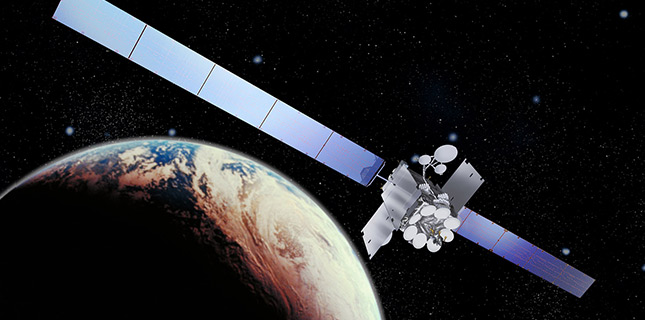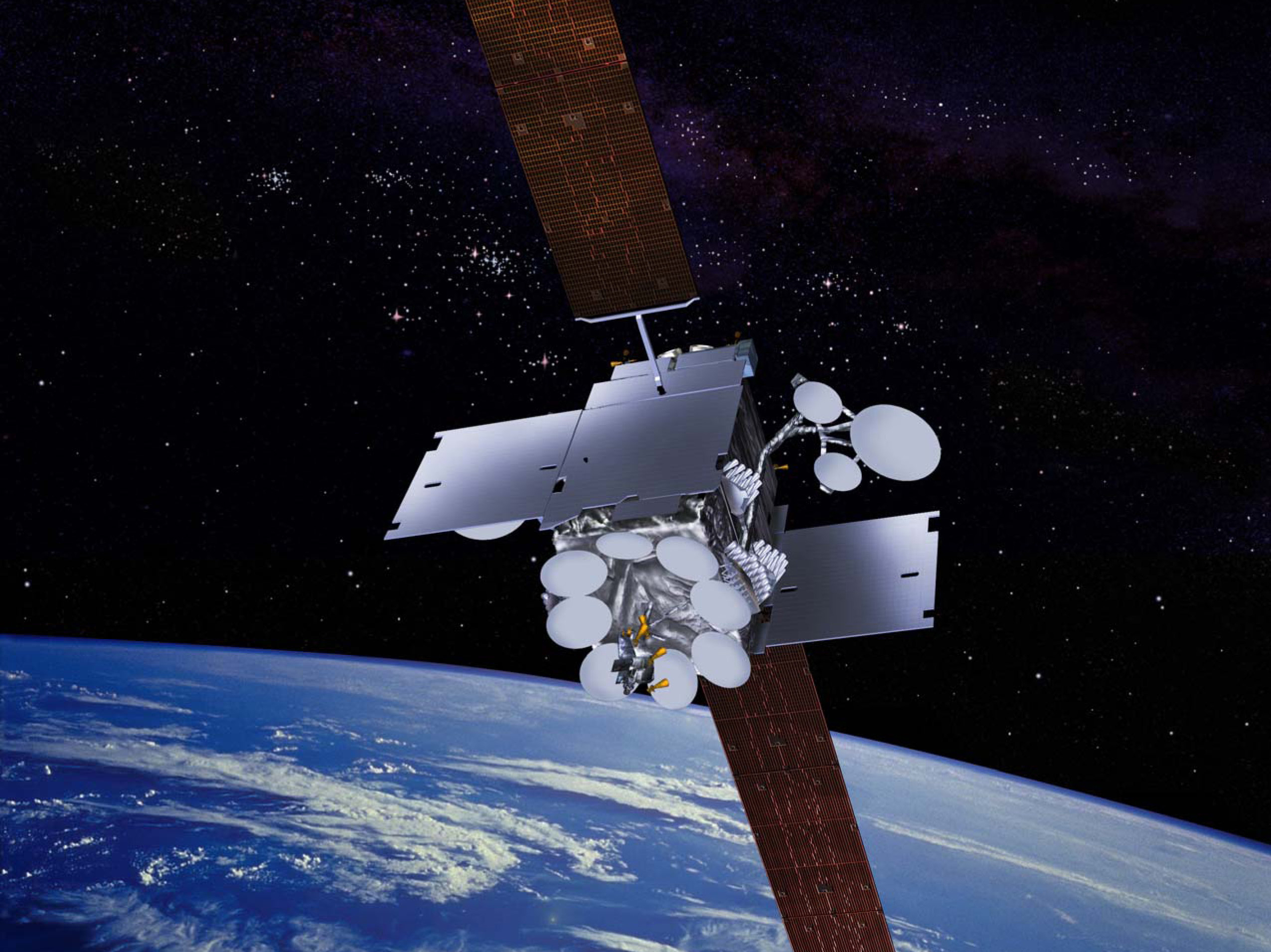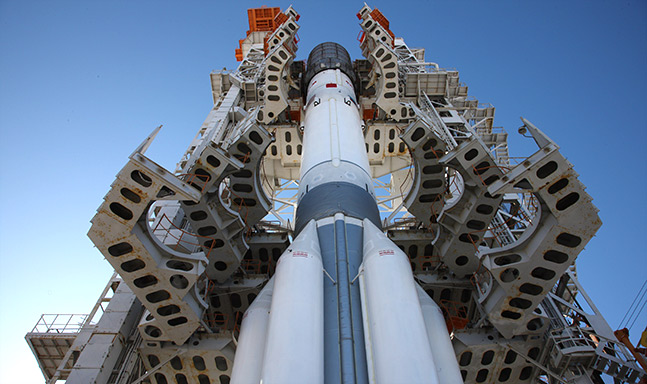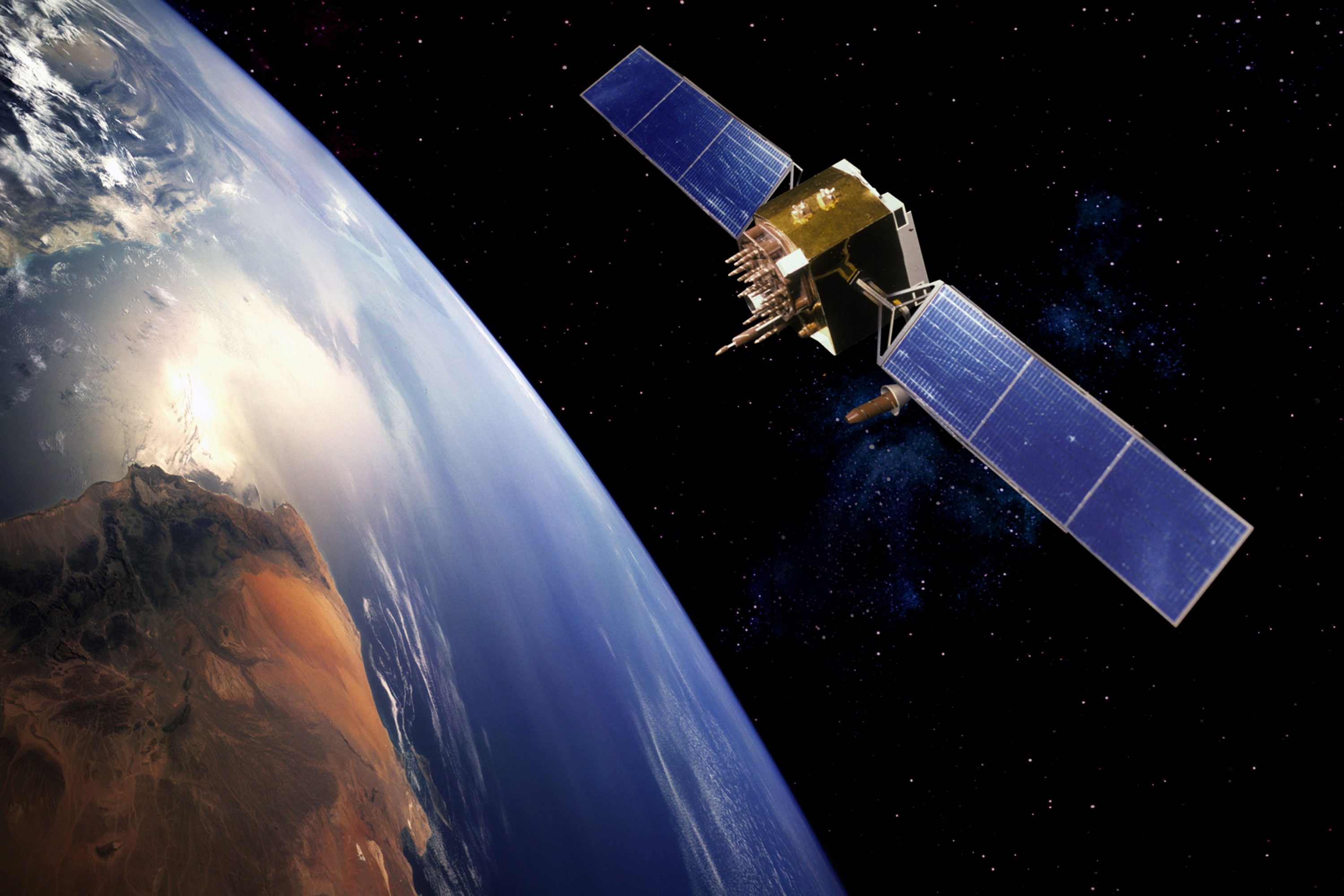Our opening interview for our series on space exploration starts with Mr. Ruy Pinto, who is the Group Chief Operations Officer of Inmarsat and the former Chair of UK Space, the UK space industry trade association. So we caught up with him to ask a few questions.
What we appreciate are the unique challenges space presents to any explorer or innovator
Q. Should more emphasis be placed on space exploration or deep sea exploration? Why?
Both are vital to the future of humanity, equally promising new knowledge and new resources. What we cannot afford to do is to make it an either/or choice.
The benefits of deep sea exploration are, in many respects, self-explanatory, spanning from understanding the impact of humanity on the world’s oceans and the consequent impact of the oceans on climate to discovering new resources, both biological and mineral.
For a long time, the benefits of space exploration were less tangible and more aspirational. Certainly, there were significant leaps forward across a range of technologies from magnetic resonance imaging to smoke detection. Now, as the commercialisation of space is taking off, we can foresee more direct economic advantages ranging from the rapid growth of industries such as mobile satellite communications and the Internet of Everywhere to that of delivering high-speed broadband connectivity from space along with the imminent arrival of space tourism. Over the longer term, we also envision the extracting of rare minerals, such as Helium-3, from the Moon or even Jupiter.

Q. What makes this business unique?
Inmarsat is a world leader in mobile satellite communications. What that means is delivering highly reliable voice and data services from a network that flies in a geostationary orbit some 35,000km (22,000 miles) above the equator.
Since 1979, we have been engaged in designing, building, and flying commercial mobile communication satellites decades longer than virtually all of our competitors. Over this time, we have gained unique insights, and our engineers, many of whom have been with Inmarsat for 20 years or more, are amongst the most skilled spacecraft designers and pilots in the world (albeit, of remotely flown spacecrafts).
What we appreciate is the unique challenges space presents to any explorer or innovator. Just because a technology or technique works on Earth, it does not mean that it is appropriate for use in space. And that is one of the most fundamental aspects of any space-based industry; you have to take into account the harsh space environment in terms of radiation, temperature extremes and zero gravity when creating any new technologies.
For example, consider the use of any form of computer technology in space. Just to get into geostationary orbit, a spacecraft has to pass through several layers of the Van Allen radiation belt. If this wasn’t considered, your craft would emerge from this experience without functioning computer chips – and potentially hundreds of millions of dollars of useless hardware.
Another example is that when our satellites are in orbit, they face temperature variations of hundreds of degrees from the side facing the Sun to the side in shadow and one can’t easily dissipate heat in a vacuum. And when you are talking about something the size of a bus, that is a tremendous variation to accommodate.
………………………………………………………………………………………………………….. Popular articles : NEPAL – REACHING HIGHER TOGETHER article by Ertharin CousinSOUTH-SOUTH COOPERATION: THE PARNERSHIP article by Laurent Thomas
…………………………………………………………………………………………………………..
Q. Would finding new resources be a significant factor in why we would explore space?
It is universally known that the world’s resources are under increasing strain as demand continues to expand with the growth in human population and prosperity.
Within this century, I believe that near Earth resources, such as those on the Moon, could become economically viable to extract.
If we look over the longer term, then I certainly believe that the ability to make use of our Solar System’s resources could be a major factor in the development of human civilisation.
Q. What are some ways of raising awareness and funding for these projects?
If we are talking about pure exploration, then funding will primarily continue to come from national and pan-national governmental bodies – at least for the foreseeable future. We are seeing an increasing number of private individuals direct their resources towards space projects but the cost of pure exploration remains prohibitive, even for a billionaire.
The approach Inmarsat adopts is really no different than that of any other commercial enterprise; we provide shareholders and other potential investors with a clear business case. Owing to our track record of technological and commercial success – something which has not been the case for all those involved in satellite communications – funding has not been a major constraint on our ambitions.
Q. What is the current research and development in the aviation sector?
From Inmarsat’s perspective, aviation is one of our fastest growing markets and we are investing hundreds of millions of dollars into building the next generation of satellite communication services. Uniquely, we are creating a hybrid network for Europe’s aviation industry. This will deliver superfast broadband connectivity to the passengers’ own smart devices through a combined satellite and air-to-ground network.
Q. How do advances in technology and business affect your business?
As with every business, if you rest on your laurels, you lose. It’s that simple. Our approach is to continually consider what could disrupt our industry … and then we set to go out and do it first. This mind-set has kept Inmarsat as a leader in space technologies for almost 40 years.
Q. What’s the most exciting/important thing Inmarsat is implementing that people should know about?
Inmarsat is in the process of creating the world’s first high-speed, globally available, Ka-band broadband network. Called Global Xpress, it will mean that anyone, anywhere on the planet, will have the ability to access the level of connectivity previously reserved only for those using fixed line services.
A user in the middle of the Sahara desert, in the heart of the Pacific Ocean, or flying at 30,000 ft, will be able to access high-speed internet services for everything from streaming movies to connecting to their company’s VPN.
Inmarsat, through its various product lines and technologies is at the forefront of enabling the Internet of Everywhere. Global Xpress is an important stepping stone on this path.













